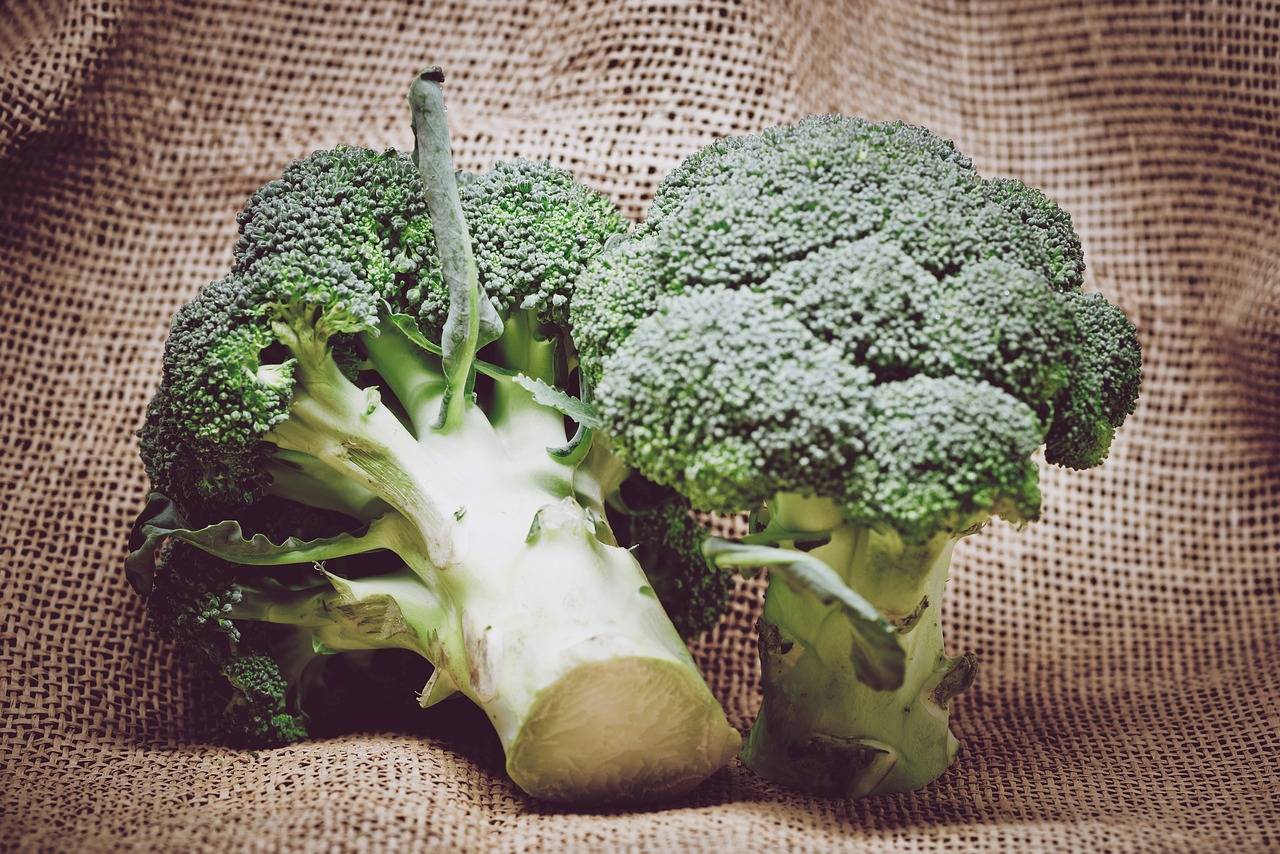How to Build a Healthy Diet Plan for Vegetarians
When following a vegetarian diet plan, it is essential to ensure that you are consuming an adequate amount of protein. Plant-based sources such as legumes, tofu, tempeh, and quinoa are excellent options to incorporate into your meals. It is important to vary your protein sources to ensure you are getting all the essential amino acids your body needs for optimal functioning.
In addition to protein, it is crucial to include a variety of fruits and vegetables in your vegetarian diet to ensure you are meeting your daily vitamin and mineral requirements. Leafy greens, berries, citrus fruits, and cruciferous vegetables are all rich in vitamins and antioxidants that are beneficial for overall health. Aim to include a rainbow of colors in your meals to ensure you are getting a wide range of nutrients to support your well-being.
Understanding Macro and Micronutrients
Macro and micronutrients are essential components of a balanced diet. Macronutrients include carbohydrates, proteins, and fats, which provide energy and support various bodily functions. Carbohydrates are the body’s preferred source of energy, while proteins are crucial for building and repairing tissues. Fats play a key role in nutrient absorption and hormone production.
On the other hand, micronutrients consist of vitamins and minerals that are needed in smaller quantities but are equally important for overall health. Vitamins such as Vitamin A, Vitamin C, and Vitamin D play crucial roles in immune function, collagen production, and calcium absorption. Minerals like iron, calcium, and zinc are vital for proper blood oxygenation, bone health, and enzyme function. Balancing both macro and micronutrients is essential for maintaining optimal health and wellbeing.
What are macro and micronutrients?
Macro and micronutrients are essential components of a healthy diet. Macros include carbohydrates, proteins, and fats, while micros refer to vitamins and minerals.
Why are macro and micronutrients important?
Macros provide energy and support bodily functions, while micros play a crucial role in metabolism, immunity, and overall health.
How can I ensure I am getting enough macro and micronutrients on a vegetarian diet?
A balanced vegetarian diet plan that includes a variety of fruits, vegetables, whole grains, legumes, nuts, and seeds can help you meet your macro and micronutrient needs.
What are some sources of macro and micronutrients for vegetarians?
Vegetarian sources of macronutrients include beans, lentils, tofu, quinoa, nuts, and seeds. Micronutrients can be found in leafy greens, citrus fruits, fortified plant-based milk, and whole grains.
Should I consider taking supplements to meet my macro and micronutrient needs?
It’s always best to try to get nutrients from food sources first. However, some vegetarians may benefit from a B12 supplement or a multivitamin to ensure they are meeting all their nutrient needs.





